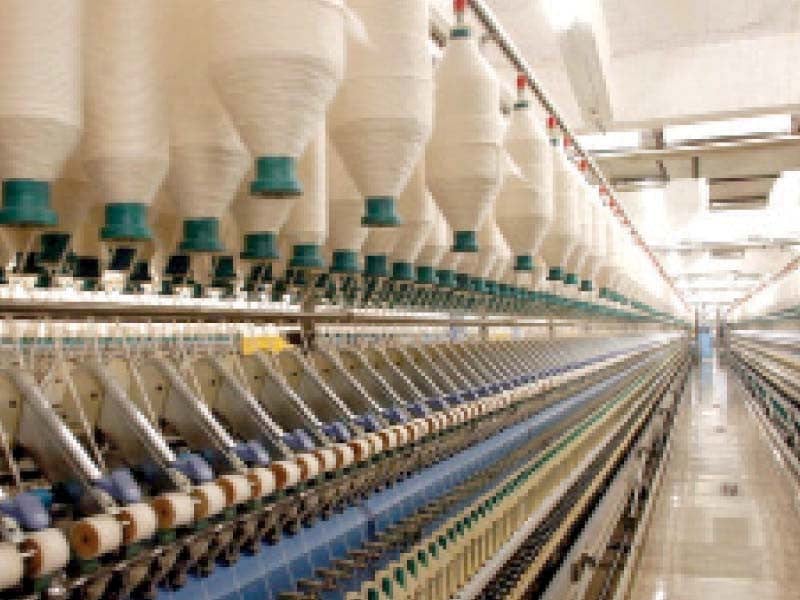
A complete enforcement of the axle load regime (ALR) will take a heavy toll on the struggling salt industry as well as other sectors, besides hurting the country’s exports, said salt industrialists and exporters while expressing grave concern over abrupt ALR application.
When it comes to the salt industry, the mandatory ALR will cripple manufacturing units as salt business in other terms is called a “freight business”. For this industry, freight cost is multiple times higher than the cost of salt, which is a cheaper product in comparison with other commodities.
This is an unnatural way of implementing the ALR without any prior planning. The government has already made a serious blunder in agreements with independent power producers (IPPs) and it is going to make a similar big mistake while enforcing the ALR for industries.
Industrialists asked policymakers to focus on constructing concrete and smooth roads and highways while avoiding kickbacks for such infrastructure contracts. It will help address the issues being faced by the industrialists, exporters and importers. “It may be implemented gradually over a period of at least five years because the country can’t afford the import of a large number of transport vehicles with fuel, tyres and other spare parts on the spur of the moment,” Lasbela Chamber of Commerce and Industry President and Hubpak Salt Refinery CEO Ismail Suttar said while sharing his views with The Express Tribune.
“If there are 350,000 transport vehicles in the country, we will require almost double or over 700,000 units for transporting goods from ports to the rest of the country or vice versa.”
Suttar, who is also the founding chairman of the Salt Manufacturers Association of Pakistan, called the import of such a large number of heavy vehicles for implementing the ALR a foolish initiative.
Instead of importing vehicles and scaling up the import bill, he said, road infrastructure must be revamped as per international standards to bear the load of goods transport. He was of the view that while following the West, the policymakers could not make anything actionable in the country as they must assess ground realities.
Suttar pointed out that attempts were being made to strictly implement the ALR in Punjab, but transport vehicles were reaching other provinces after paying some bribe.
What’s more, they said, around 150,000-200,000 tonnes of salt worth about Rs15 billion (Rs14.86 billion in financial year 2022-23) are exported annually.
Barring around 300 salt exporting companies, another about 800 firms are mining and processing salt, while approximately 300,000 people are scratching a decent living from this industry.
Local consumption stands at approximately 4 million tonnes per annum including 90%, or 3.6 million tonnes, for industries like caustic soda, glass, PVC, etc and 10%, or 400,000 tonnes, for edible purposes. There are three main kinds of salts which include sea salt, lake salt and rock salt with various colours including white, pink and others derived from Khewra, Ibrahim Hyderi, Mauripur, Tharparkar and others.
Meanwhile, since November 12, 2023, the re-implementation of the ALR under the National Highway Safety Ordinance 2000 has been impeding local salt trade as cargo vehicles are not allowed to carry routine load on highways and motorways. It must be implemented gradually and highways should be well maintained, they said.
Approximately 350,000 units of axle trucks are operating with a majority having three axles (10 wheelers) and six axles (22 wheelers). Before implementation of the ALR, a trailer carried cargo loads from 55 tonnes to 80 tonnes, while a high-wall truck could transport up to 30 tonnes of goods. However, after implementation, they are lifting 39 tonnes and 17 tonnes respectively.


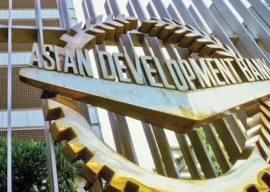
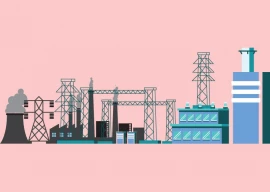

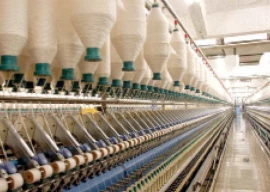



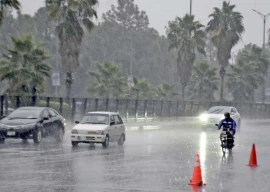
1721116817-0/2668677-bannuattack-1721116568-295-640x480-(1)1721116817-0-270x192.webp)
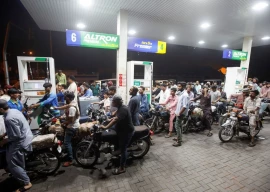







COMMENTS
Comments are moderated and generally will be posted if they are on-topic and not abusive.
For more information, please see our Comments FAQ